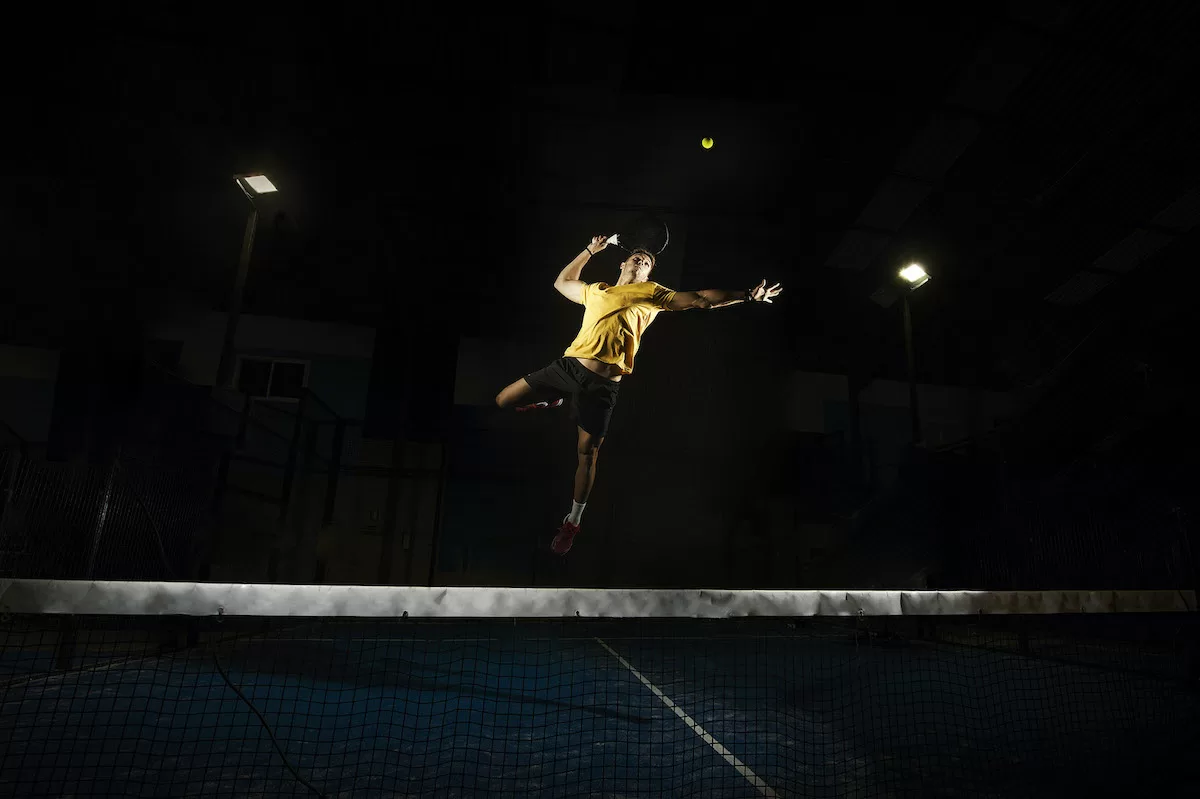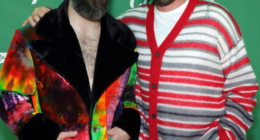The “Spygate” scandal between Carlos Alcaraz and Novak Djokovic will now reach Centre Court for the Wimbledon final.
Two days after Alcaraz admitted that his father “probably” recorded Djokovic’s Wimbledon training, they both won their semifinal matchups Friday — Alcaraz in straight sets against Daniil Medvedev, Djokovic in consecutive sets against Jannik Sinner — and advanced to the final.
Djokovic will aim for his fifth consecutive Wimbledon title and eighth overall, while a title for Alcaraz will mark his first at the All England Club and second Grand Slam victory, following his U.S. Open title in 2022.
But earlier this week, as the pair navigated their brackets toward their finals meeting, Djokovic’s allegations against Alcaraz’s father emerged, with the Serbian star asking for more privacy while Alcaraz claimed that any supposed videos wouldn’t provide an advantage — due to the availability of Djokovic “on every platform.”
“My father is a huge fan of tennis,” Alcaraz told reporters earlier this week. “He doesn’t only watch my matches. I think he got into the club at 11 a.m. and get out at 10 p.m., watching matches, watching practice from everyone. Being able to watch Djokovic in real life, yeah, probably it is true he’s filmed the sessions.”

The next step for Alcaraz, currently No. 1 in the ATP rankings, will involve unseating Djokovic as the Wimbledon champion.
No one has managed to beat Djokovic at Wimbledon since 2017. And no one has managed to beat him at Centre Court since 2013.
Against Sinner, Djokovic repeatedly served himself out of potential trouble, saving all six break points he faced, to reach his ninth final at the All England Club. It’s also his 35th final at all Grand Slam tournaments, more than any man or woman in tennis history.

As great as he is as a returner, as superb as his defense is — over and over, he would sprint and lean and stretch to get to a ball that extended a point until Sinner made a mistake — Djokovic possesses a serve that might be the part of his game he’s improved the most over his career.
That showed Friday, and it’s showed throughout this fortnight: In his half-dozen matches during the tournament, Djokovic has won 100 of his 103 service games and saved 16 of 19 break points.
“In the pressure moments, he was playing very good. Not missing,” Sinner said. “That’s him.”
The age gap between Djokovic and Sinner, 21, was the largest between Wimbledon men’s semifinalists in the Open era, which began in 1968. Djokovic would be the oldest champion at Wimbledon since professionals were first allowed to compete that year.
“I feel 36 is the new 26, I guess,” Djokovic said. “It feels good.”

Sinner is the one who hit serves at up to 132 mph and pounded one fault that clanged against the speed readout board in a corner of the arena with such force it sounded as if he might have broken the thing. Of more concern to Sinner: It was followed by another fault in a service game he dropped to trail 2-1 in the second set.
In truth, talented as Sinner is, he didn’t really generate any more frustration for Djokovic than chair umpire Richard Haigh did.
In one game in which Djokovic would face — and erase — a break point, he argued to no avail after forfeiting a point because Haigh called him for hindrance for letting out a lengthy yell while the ball was still in play. Moments later, Haigh issued Djokovic a warning for letting the serve-clock expire.
“It was a very stressful game for me to survive and to kind of storm through. It was super important,” said Djokovic, who thought the hindrance call was incorrect after seeing a replay and Haigh needed to “recognize the moment a little bit more” instead of issuing the time warning. “Luckily for me, I stayed calm.”
Indeed he did, continuing his bid to join Roger Federer as the only men to have won eight singles trophies at Wimbledon. Martina Navratilova won the women’s championship nine times.
Djokovic got major title No. 22 at the Australian Open in January, and No. 23 at the French Open in June — his Wimbledon shoes have a small “23” stamped on the side — after getting past Alcaraz in the semifinals at Roland Garros.
If Djokovic wins Sunday, he will head to the U.S. Open in August with a chance at the first calendar-year Grand Slam by a man since Rod Laver in 1969.

With the main stadium’s retractable roof shut because of rain outdoors, the grass was slick and slippery during Djokovic vs. Sinner. Sinner slipped on the very first point; Djokovic on the third. And it kept happening to both. They repeatedly smacked the soles of their shoes with their rackets to try to remove grass and dirt that got stuck in there.
Taking on Djokovic represented a significant rise in the level of competition for Sinner. Until Friday, not only had he not faced a single seeded player, but he had gone up against opponents with these rankings: 79th, 85th, 98th and 111th.
No one in the half-century history of computerized tennis rankings — men’s and women’s — has spent more weeks at No. 1 than Djokovic, who currently is No. 2. But that number does not reflect his form at the moment.
This was Djokovic’s 46th major semifinal and Sinner’s first, and that seemed obvious at the most crucial junctures.
Sinner was quite close to reaching that stage a year ago at the All England Club: He took a two-set lead in the quarterfinals against Djokovic, who came all the way back to win in five.
That sort of work was not required on this afternoon. Djokovic never let it come to that.
— With AP








